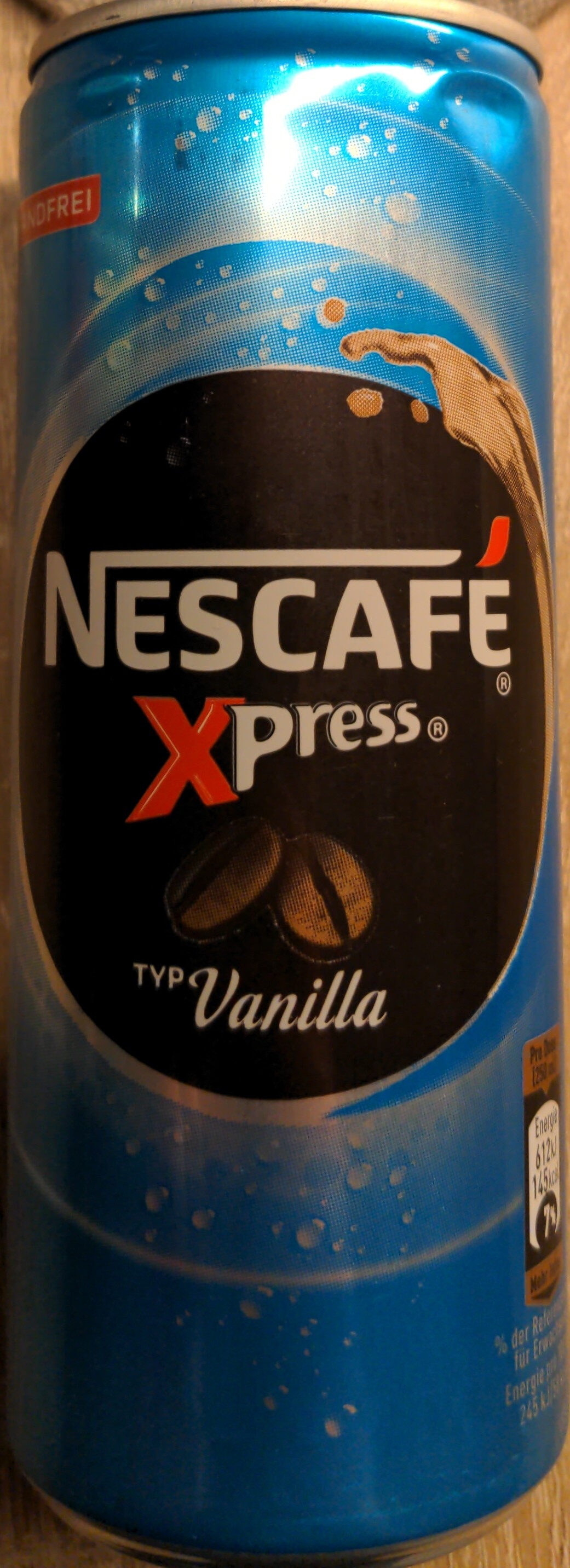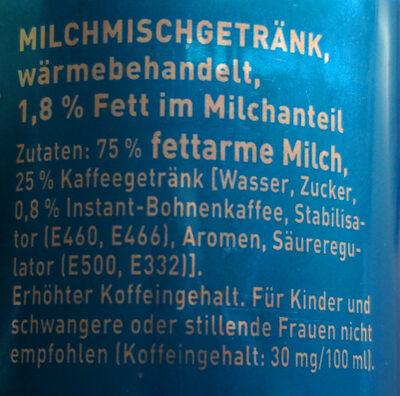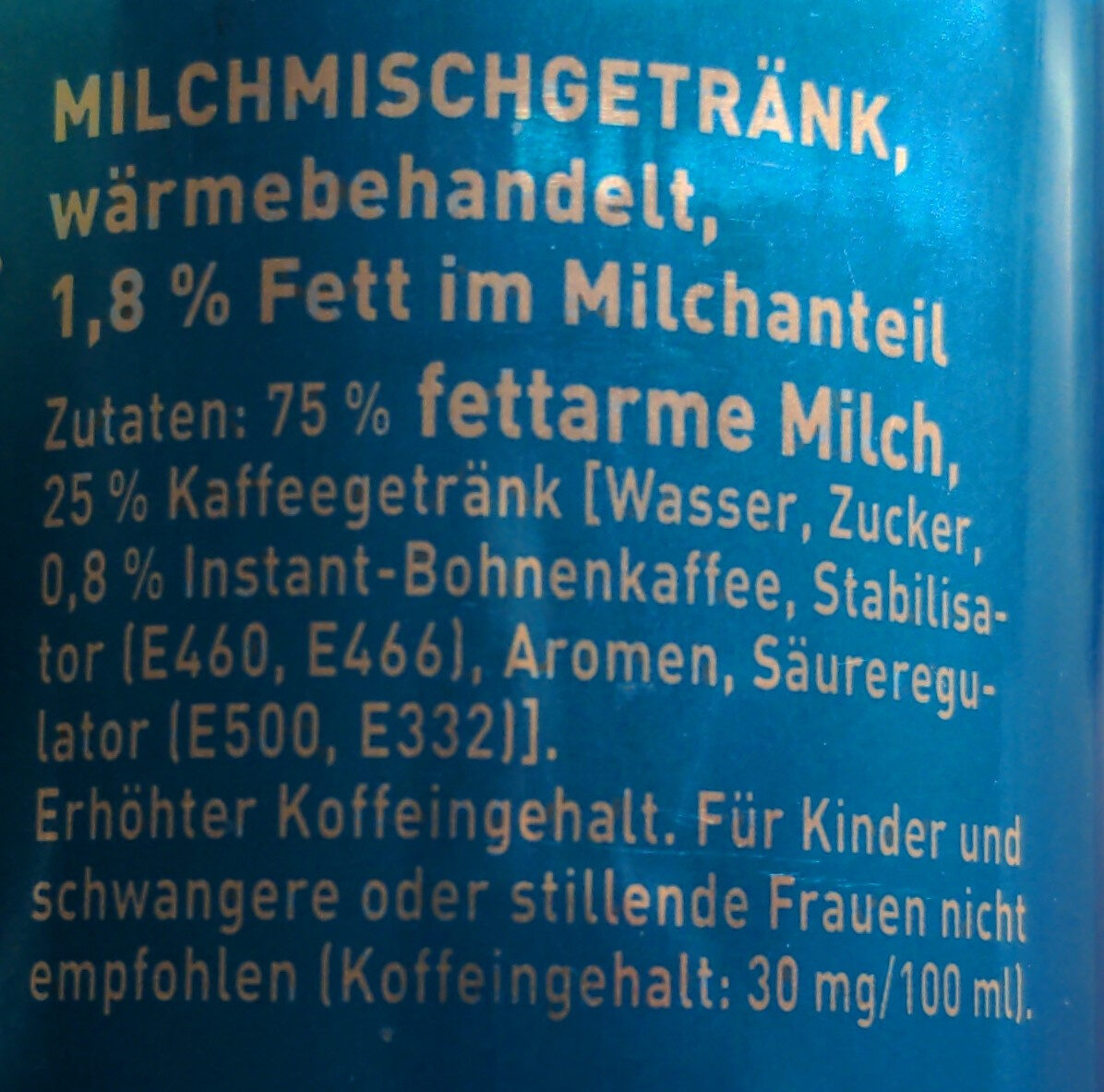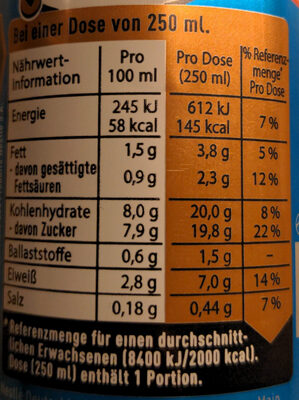Nescafé Xpress Typ Vanilla - 250 ml
This product page is not complete. You can help to complete it by editing it and adding more data from the photos we have, or by taking more photos using the app for Android or iPhone/iPad. Thank you!
×
Barcode: 7613035675537 (EAN / EAN-13)
Quantity: 250 ml
Packaging: Metal, Recyclable Metals, Aluminium
Brands: Nescafé
Categories: Beverages, Coffee drinks, Latte macchiato
Labels, certifications, awards:
Green Dot, de:Pfandfrei
Origin of ingredients: Netherlands
Traceability code: NL Z-9874 EG
Matching with your preferences
Environment
Packaging
Transportation
Report a problem
Data sources
Product added on by kiliweb
Last edit of product page on by packbot.
Product page also edited by heuwerk, openfoodfacts-contributors, salavora, teolemon, yuka.ZC9nbUQ3eFp2OThFaFAwQTNqZUY5Y0JjdzQvelUwYUxjN0lLSVE9PQ, yuka.sY2b0xO6T85zoF3NwEKvlmxjAtnPvTbUGUH6mmap_vSnKJvZbcNx24vxaqs.










